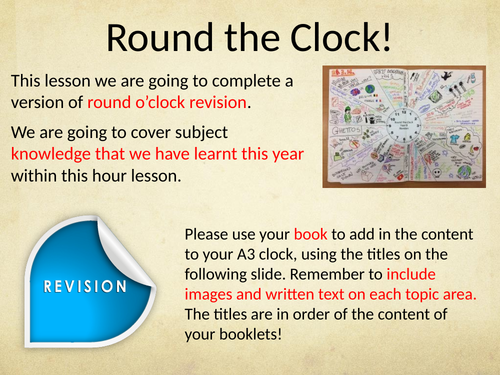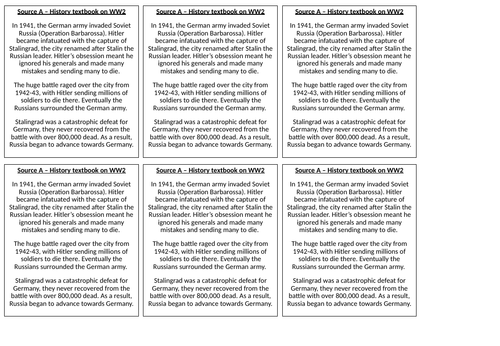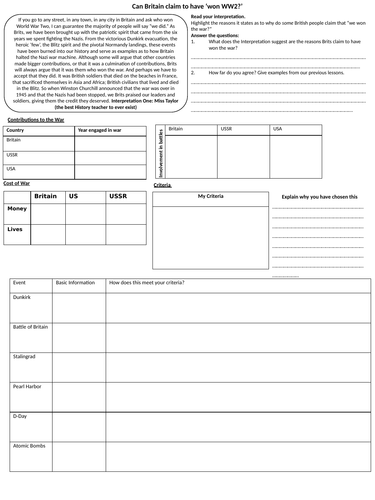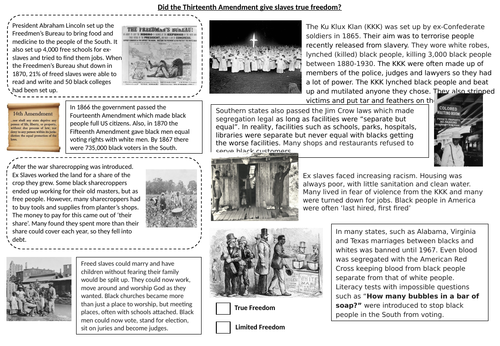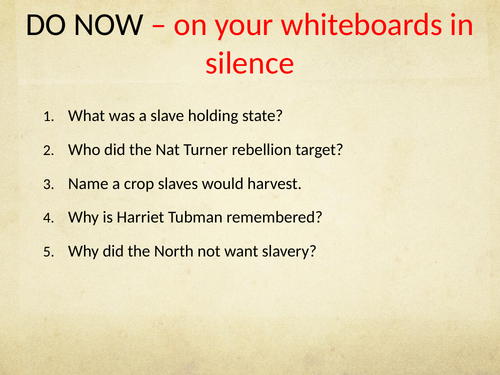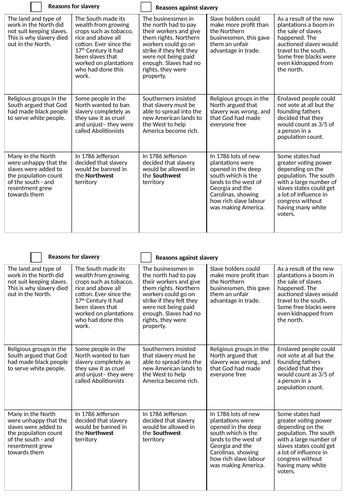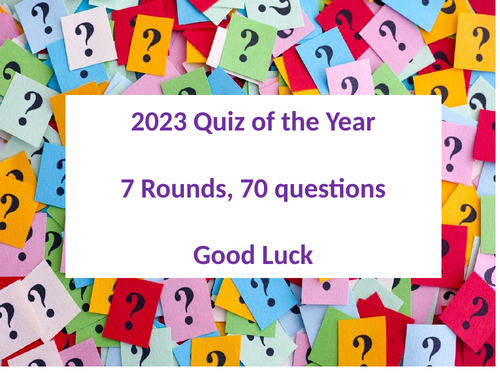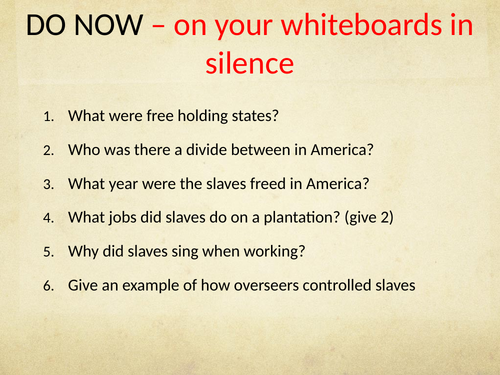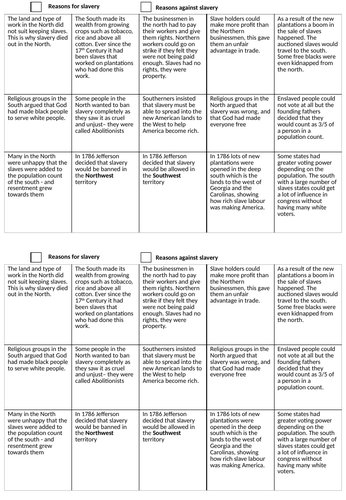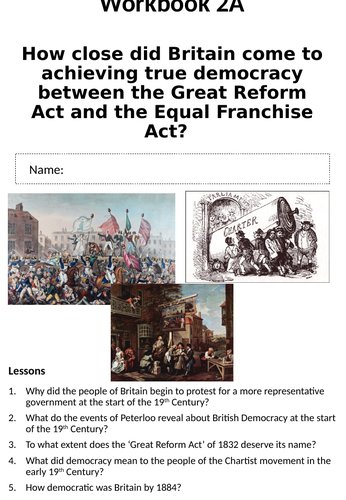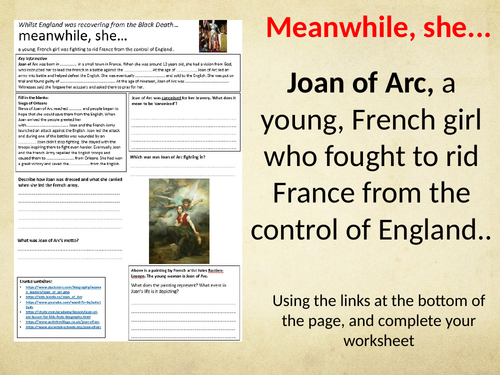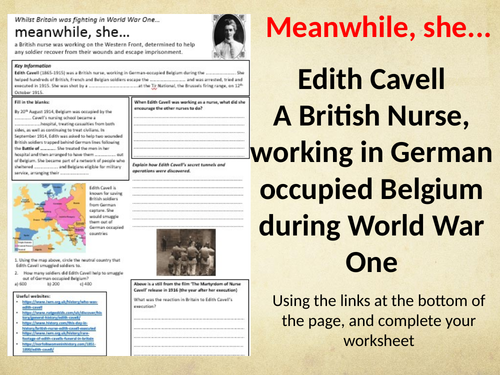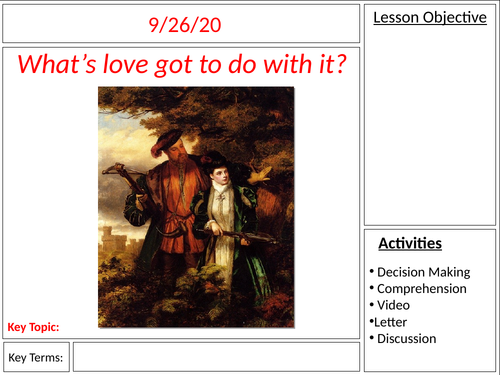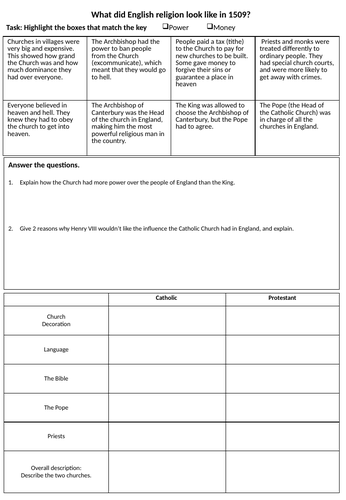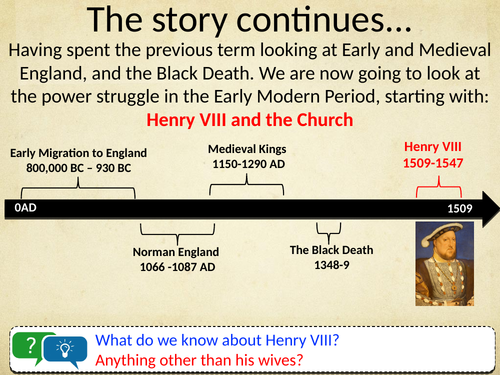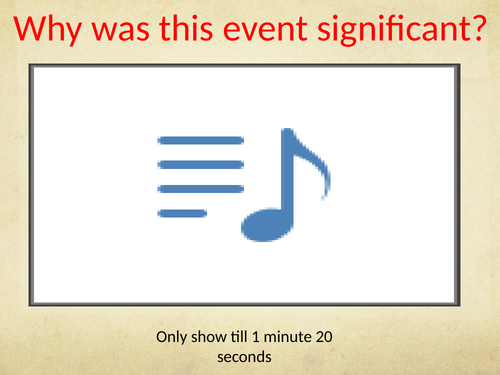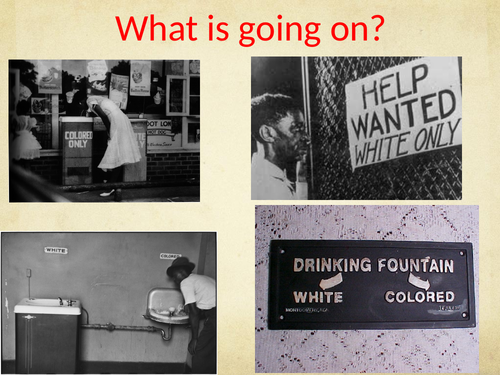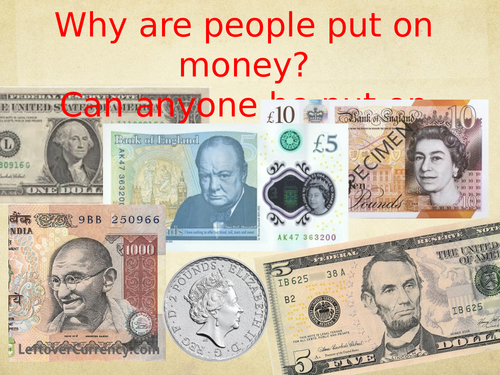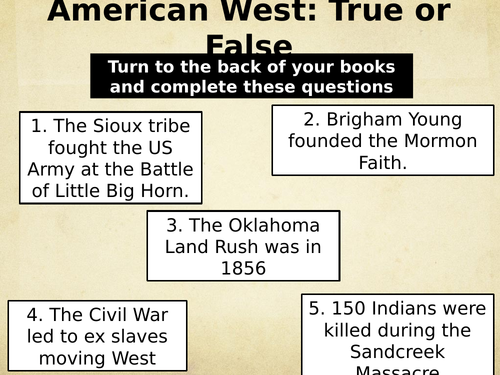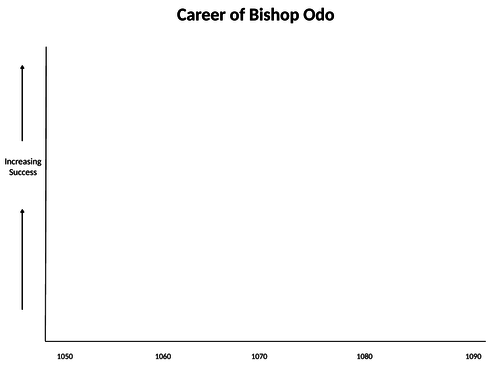
86Uploads
25k+Views
11k+Downloads
History

History KS3 and KS4 Cover Work
Perfect cover lesson that keeps the students occupied, thinking, revising and on task
Round the Clock - all instructions are on the slides, with the sheet to print also available
Please note, this will need to be adapted to each teacher/school/department’s needs - this is simply a good idea for cover work

The War in Russia - Stalingrad
Complete lesson on the war in Russia - focussing on Stalingrad
all information for the students is there - including source analysis and practice.
well resourced and high quality

Can Britain claim to have won World War Two?
A lesson where the students evaluate whether they think Britain can claim to have won WW2.
In this, they make a decision on what criteria they want to use when evaulating victory - this can also lead to a debate, where they challenge and agree with other students.
It also has interpretation practice - evaluting the opinion of the interpretation, sourcing out quotes and agreeing/disagreeing.

Did the 13th Amendment give true freedom?
Look at the 13th Amendment - freeing of the slaves and whether they received true freedom - videos to accompany

Was the American Civil War a war against slavery?
Use of interpretations as to why the American Civil War started, was it states rights or slavery?
LIttle bit on the events of the Civil War and the Emancipation Proclamation

How did slavery divide America?
The reasons slavery divided America in the early 1800s - brilliant introduction to the start of the American Civil War!

End of Year Quiz
History end of year quiz - seven rounds, seventy questions.
One round is ‘your year in history’ so this would need to be adapted to your curriculum
Nice and easy way to end the year

How useful is 12 Years a Slave when studying plantation life?
Interpretation lesson based on 12 Years a slave - worksheets and clip provided
please note that the quality of the clip isn’t great

How did slavery change America?
Lesson 1 of a SOW on slavery in America.
focussing on how America was affected by slavery, the north/south divide etc and reasons for slavery
high level of challenge throughout

KS3 History: Democracy and Suffrage 1800-1885 Booklet and SOW
SOW and booklet based on Democracy and Suffrage between 1800-1884.
Focus on how men won the vote in the 19th Century. Lots if interpretations, sources, literacy tasks. Strong resources, and lessons to accompany. Knowledge Organiser and homework tasks.
Lessons:
Why did the people of Britain begin to protest for a more representative government at the start of the 19th Century?
What do the events of Peterloo reveal about British Democracy at the start of the 19th Century?
To what extent does the ‘Great Reform Act’ of 1832 deserve its name?
What did democracy mean to the people of the Chartist movement in the early 19th Century?
How democratic was Britain by 1884?

Meanwhile she....Joan of Arc
A great homework activity, cover work or home learning worksheet. The students have to research Joan of Arc using the links at the bottom of the page to complete the acivities.
Meanwhile she are a great way to broaden students’ understanding of the topic they are studying.

Meanwhile She..Edith Cavell
A great homework activity, cover work or home learning worksheet. The students have to research Edith Cavell using the links at the bottom of the page to complete the acivities.
Meanwhile she are a great way to broaden students’ understanding of the topic they are studying.

KS3 History: What's love got to do with it? Henry VIII and Anne Boleyn
The second lesson in a SOW about the change of religion in England in the 1500s.
This lesson concentrates on the reason behind Henry VIII’s Break from Rome and whether it really was because he loved Anne Boleyn.
Source work is incorporated into the lesson

KS3 History: What did religion look like in 1500?
First lesson in a SOW about the change of power in England during Henry VIII’s reign.
This lesson concentrates on what religion looked like in England before Henry’s change. It looks at the control the Catholic Church had on the people of England.
Really good introduction into the topic. It allows the students to understand the religious aspects in England, to be able to understand why the changes were later so significant.

KS3: Henry VIII Scheme of Work
Scheme of work for KS3 on Henry VIII and the religious power struggle in his reign. Lessons include:
L1 - What did religion look like in England in 1500?
L2 - What’s love got to do with it? Did he break from Rome because of love?
L3 - Did money and power drive Henry to break from Rome?
L4 - What was the real reason Henry broke from Rome?
L5 - Assessment
All lessons have higher order themes, questions and concepts throughout. Planned to a high standard. Multiple historical concepts used - focus on source/intepretation skills.

KS3: What was the biggest Civil Rights event in the 1950s?
Lesson focussing on the biggest event of the Civil Rights Movement in the 1950s:
Brown vs Board of Education
Emmett Till
Rosa Parks and the Bus Boycott
Little Rock Arkansas
Students work out the impact of the events on the Civil Rights Movement and how it helped the cause progress. They then make a judgement as to which had the biggest impact and the smallest impact.
There is also source work - analysing a source and putting it into historical content

KS3: How civilised was America after the Civil War
Lesson focussing on the black experience in America after the Civil War up till the Second World War. It covers the Jim Crow Laws and life in the South for African Americans.
Primary and Secondary sources are used for students to categorise the different ways African Americans were discriminated against.
Great for KS3 or KS4

KS3 History: How significant was Harriet Tubman?
KS3 History Lesson focussing on how significant Harriet Tubman was.
The students do a GCSE style question based on making inferences from a source - this is tailored to the higher ability, so may need to be differentiated (which is easily done)
The students then use bowling pins to work out how significant Harriet Tubman was based on criteria given.
Then the students will answer a ‘do you agree?’ question
Fully resourced and easy to follow.

KS4 Edexcel History Anglo-Saxon & Norman England - Who was William I?
In line with the new 2016 Edexcel GCSE History Course - Anglo-Saxon and Norman England 1066-1087.
The lesson focusses on who William I was, his family tree and the Rebellion of Robert Curthose. The students create visual notes
The lesson is very well resourced and in clear line with the GCSE syllabus

KS4 Edexcel History Anglo-Saxon & Norman England - The Career of Bishop Odo
In line with the new 2016 Edexcel GCSE History Course - Anglo-Saxon and Norman England 1066-1087.
The lesson focusses on the career of Bishop Odo from his appointment as Bishop of Bayeux to the his death. The focus of the lesson is his relationship with William I and how his actions led to him falling out of favour.
The students make a living graph, based on an information sheet provided, and then answer a 4 mark features question, with peer marking and structure strips to help.
The lesson is very well resourced and in clear line with the GCSE syllabus

